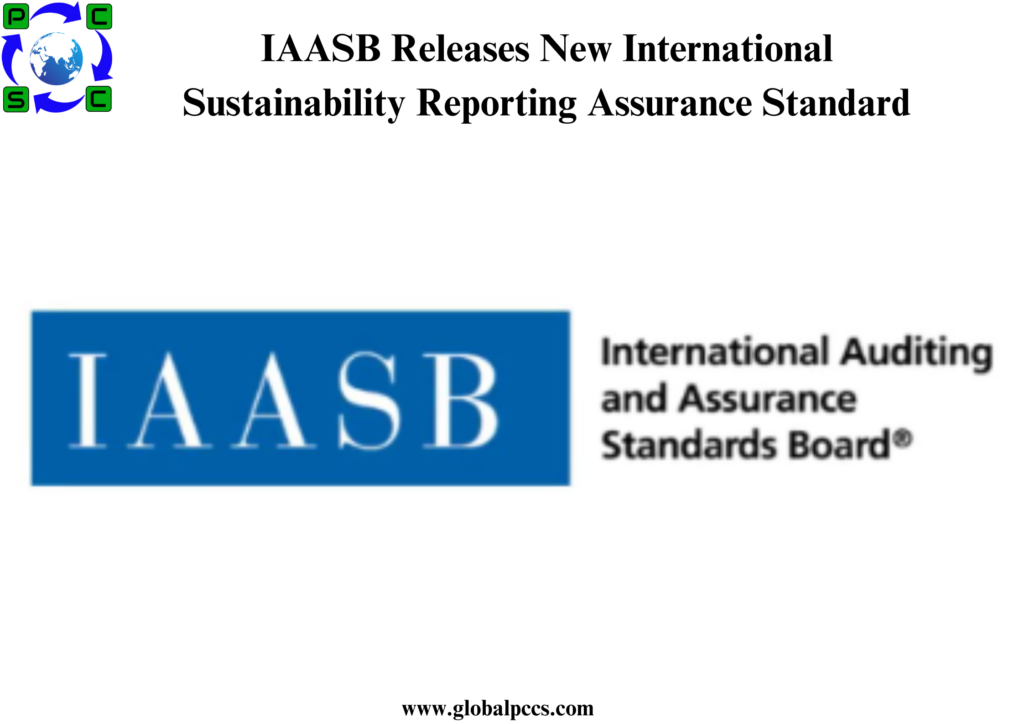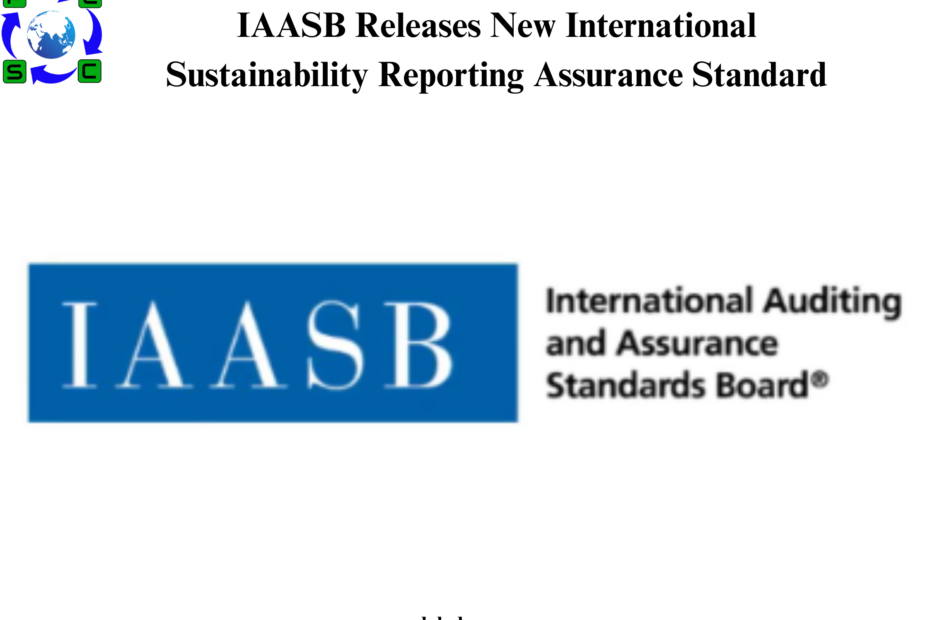 Auditing, quality control, and assurance standard-setting body the International Auditing and Assurance Standards Board (IAASB) announced the publication of its finalized International Standard on Sustainability Assurance 5000 (ISSA 5000), aimed at establishing a new standard for practitioners in carrying out sustainability assurance engagements.
Auditing, quality control, and assurance standard-setting body the International Auditing and Assurance Standards Board (IAASB) announced the publication of its finalized International Standard on Sustainability Assurance 5000 (ISSA 5000), aimed at establishing a new standard for practitioners in carrying out sustainability assurance engagements.
The new standard comes as companies are increasingly reporting on sustainability and climate-related risks, opportunities and impacts in alignment with a series of new sustainability disclosure standards and regulatory requirements, including the EU’s Corporate Sustainability Reporting Directive (CSRD), and the IFRS climate and sustainability reporting standards by the International Sustainability Standards Board (ISSB).
Many of the new sustainability reporting systems, including the CSRD, require external assurance on sustainability reporting. Aside from the regulatory requirements, a recent survey of corporate executives by KPMG found that most companies are already feeling increasing pressure to provide ESG assurance from stakeholders including shareholder activists. Similarly, an EY survey of corporate finance professionals and investors found that a large majority of respondents in both groups believe that independent third party assurance would build confidence in sustainability reporting credibility and accuracy.
The IAASB published its initial proposed standard last year, noting at the time that it was designed for use across multiple sustainability reporting standards and frameworks, including those issued by the EU, ISSB, GRI, ISO and others.
In a speech announcing the release of the new standard, IAASB Chair Tom Seidenstein said that while the IAASB was “particularly conscious of European timelines and requirements under CSRD,” with some companies beginning reporting along the EU’s new sustainability reporting standards this year, he reiterated that it was designed as “a global baseline that can work in every jurisdiction, in Europe and elsewhere.”
Key features highlighted by Seidenstein regarding the new standard include its applicability for both limited and reasonable assurance engagements, and its ability to work with both traditional materiality, as well as double materiality, which is used in several sustainability reporting frameworks including the CSRD with requirements in sustainability reports to include information on both the risks and impact of sustainability issues on an enterprise, as well as on the enterprises impacts on environment and society.
Seidenstein noted as well that the European Commission has asked the Committee of European Auditing Oversight Bodies (CEAOB) to advise the Commission on how to incorporate ISSA 5000 into CSRD-related requirements.
The new standard has also received support from IOSCO, the leading international policy forum and standards setter for securities regulators, which has been calling for the establishment of a global sustainability assurance framework.
Stay ahead in the world of sustainability compliance with Global PCCS, where expert insights meet the latest regulations. Unlock a future where compliance drives sustainability and your business thrives in a greener, regulated landscape.








 Authorised IMDS & CDX Training & Consulting partner for
Authorised IMDS & CDX Training & Consulting partner for





